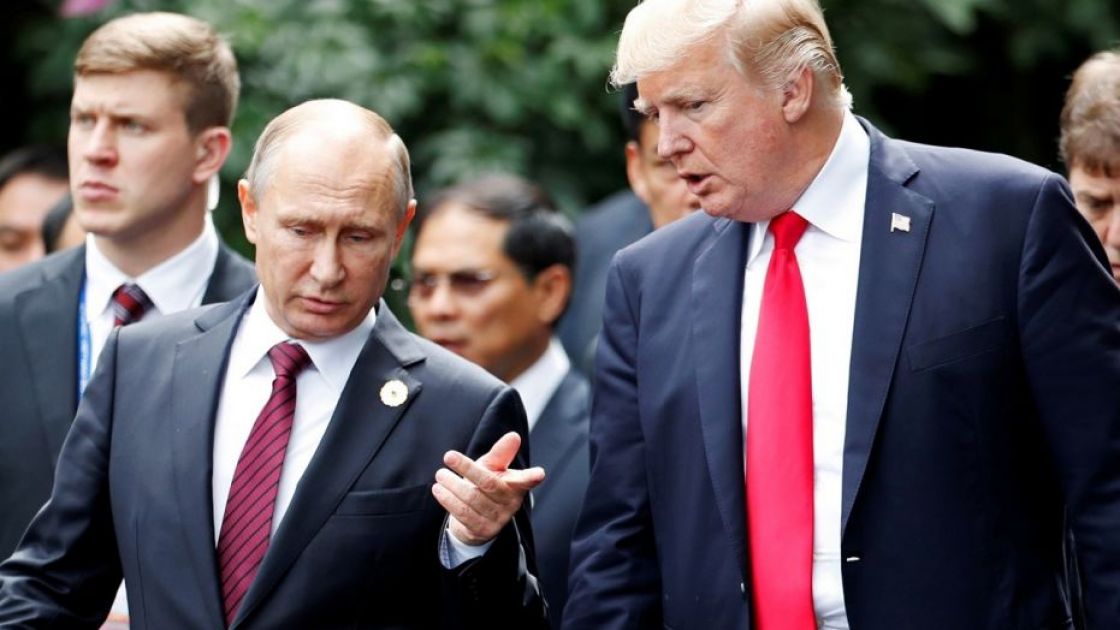- Editorials
- Posted
Post-escalation Understandings?
Almost all of those presenting their readings of the Syrian situation are in a position to say that a period of major compromises and changes is looming on the horizon, but each side has its own interpretations of this, and its own expectations for the essence of future settlements.
In this context, several issues are mentioned, including what is happening in the countryside of Idlib and Hama, and the accompanying political behavior from the West in particular, but also the meeting expected on Tuesday between Putin and Pompeo, and in Sochi in particular. It is well known that the meeting of a foreign minister of a state not only by his counterpart from another country, but also by the president of that country, usually indicates that the two countries may reach important consensuses, in addition to the fact that several months have passed, through which a diplomatic rupture between the two countries predominated.
The starting point to understand and anticipate what will happen on the Syrian arena has been, and is still, the understanding of the new international balance of power, and what point has it reached. In this context, one of the most important indicators of the nature of this balance and its developments, and since the two years up to now, is the ongoing struggle between Astana on the one hand and the Small Group on the other, not only as two opposing representatives of states that taking contradictory positions of the Syrian file, but rather as being contradictory to each other relative to the overall events and crises in many parts of the world. It should never be forgotten, not even for a moment, that China is present within the center of the new international balance of power, which Astana is one of its expressions, even if China is not involved in it in a direct way.
The magnitude of the escalation of the past months, not only in Syria but also in a large number of crisis-laden files, within the region and throughout the whole world, from Turkey to Iran, Venezuela, India and Pakistan... to almost every corner of the globe, and on various levels; politically, militarily and in cyberspace – is an escalation reminiscent of the tension that had happened before the Second World War, with a decisive difference in the balance of power. In other words, the option to break the new international balance and return to the past through war is no longer viable, and this is exactly because of this particular balance of power. What is happening now is the completion of the strangulation of this option.
«Preparing for war prevents war», this is precisely what we see its primordial at the international level, and post-war agreements can also be reached without war if all parties are clear about their own respective size and the expected consequences of igniting or escalating the war if this war have not arrived yet to a comprehensive level.
The tendency towards compromise and facilitating the issues, although it can be read as a defeat for the West and for Washington in particular, and a triumph of the rising powers at the global level, the more accurate reading of it, in the case of strangulating the war and thus not reach its ends where one party makes a final overwhelming victory while the other party is defeated, is that the triumphant will ultimately be the international law, the respect for the wills of the peoples and the sovereignties of the states of the world. This is what will also be done in Syria. through full implementation of the UNSC resolution 2254, to restore sovereignty of Syria and its people, end its catastrophe and open the door to a new birth.
Kassioun Editorial, Issue No. 913, May 13, 2019


